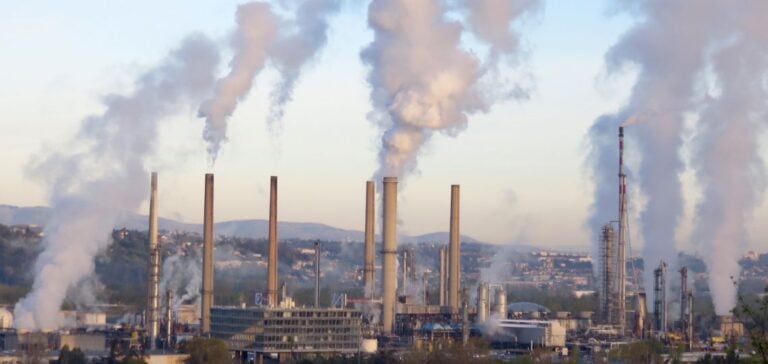The G7 meeting on climate, energy and the environment in Turin is an opportunity for France, through Stéphane Séjourné, Minister of Foreign Affairs, to push for the commitments made at COP28 to be put into practice. These commitments are aimed at a complete transition away from fossil fuels, starting with a phase-out of coal.
Strategies and support
The French government, backed by the UK and potentially Germany, is facing resistance from other G7 members. Coal-fired power plants in Germany, Japan and the United States still represent substantial capacity, complicating negotiations. The Ministry stresses the crucial role of the G7 in setting a global example.
Challenges and objectives for France
France is calling for G7 countries to include their strategies for phasing out coal and other fossil fuels in their Nationally Determined Contributions (NDCs). Attention is also focused on preventing any backtracking on gas-related commitments, with increased vigilance over future discussions.
Additional priorities for Italy’s G7 presidency
In collaboration with the Italian presidency, France and the other G7 members are also focusing on the circular economy, the fight against chemical, plastic and air pollution, and the preservation of biodiversity. A declaration on biodiversity on the high seas is planned, as is the initiation of a G7 coalition on water.
France, as the driving force behind environmental policy within the G7, is seeking to build a strong consensus on coal phase-out, despite the existing challenges. The outcome of the discussions in Turin could significantly shape global energy policies for years to come.






















